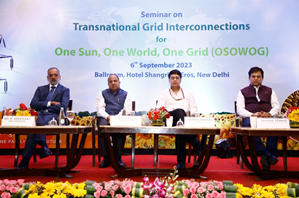
In the run-up to the 18th G20 Summit, a day-long conference on “Transnational Grid Interconnections for One Sun, One World, One Grid (OSOWOG)” was held in New Delhi, on 6th September, 2023. The conference was organized by Power Grid Corporation of India Limited (POWERGRID), a ‘Maharatna’ company under Ministry of Power, Govt. of India.
Addressing the conference virtually, Union Minister for Power and New & Renewable Energy Shri R. K. Singh said that India has already established cross border interconnections with its neighbours and that strengthening of various cross border links is under process. “OSOWOG will enable all nations to reap the benefit of energy from the sun. This is very relevant to today’s context particularly when we are transitioning to renewable energy. It will make round-the-clock renewable energy much cheaper. It will also reduce the necessity for reserves. It will thus bring down the cost of electricity for the general population and will help in energy transition.”
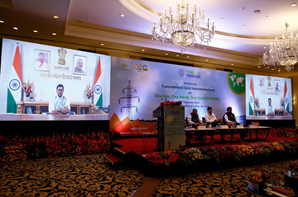

The Minister said that once the transnational grid interconnection happens, it will do away with dependence on storage, which is costlier and required for round-the-clock renewable energy. “Once we have OSOWOG, no one will ever have to go without electricity. This will unite the world and ensure energy access to the millions of people who do not have access. It is essential that all of us take this forward, I am sure this will become a reality.” The Minister wished the seminar a great success.
The panel for the conference consisted of eminent experts from India and abroad. Mr. Waleed S. Alsuraih from The World Bank presented the Transnational Grid Interconnection-Middle East & Africa perspective. He emphasized that once the full Pan Arab Electricity Market (PAEM) is operational, it will enable interregional grids’ integration between South Asia via GCC, EU & Africa, and trade with 5 regional electricity markets. The envisaged PAEM grid connects its 3 sub-regions and strengthens the potential for further integration with other regional markets.
“Complementarities of SAARC, BIMSTEC and ASEAN countries can be utilized through transnational interconnections”
Senior Advisor, IRADe, Mr. Pankaj Batra provided the ASEAN perspective stating that the complementarities of energy resources of SAARC, BIMSTEC and ASEAN countries can be utilized through transnational interconnections. Dy. COO, CTUIL, Mr. Ashok Pal discussed technical considerations and business models of existing Indian cross border interconnections. The System Operation Aspects for Regional Grid Interconnection were shared by CMD, Grid Controller of India, Mr. S. R. Narasimhan.
During the seminar, Chief, CERC, Dr. S. K. Chatterjee gave insights into the Regulatory and Legal aspects for Regional Grid Interconnection while Chief Manager, Siemens Energy, Mr. Niket Jain discussed various technologies for transnational interconnections. The session on OSOWOG was moderated by Mr. Shubhranshu Patnaik, Deloitte India. The seminar ended with vote of thanks by Mr. Abhay Chaudhary, Director (Projects), POWERGRID.
Globally, energy transition and energy security, driven by renewable capacity addition are the thrust areas towards sustainability. Considering that the sun never sets and that every hour, half the planet is bathed in sunshine, harnessing energy from sun, wind and water would facilitate generation of clean energy, enough to meet the needs of everyone on the earth. However, this requires transnational exchange of electricity through grid interconnections. These efforts need to be synergized and supplemented by establishing an inter-connected global electricity grid through transnational interconnections. This is the vision for One Sun, One World, One Grid; through development of transnational grid connections towards ensuring energy security for a sustainable future.
Following the theme of G20 “Vasudhaiva Kutumbakam” i.e. One-Earth, One-Family and One-Future, India under its G20 presidency highlighted the importance of transnational grid Interconnections in enhancing energy security, fostering economic growth, and facilitating universal energy access for all, in affordable, reliable and sustainable manner which will accelerate integration of Renewable Energy towards energy transition, with enhanced resiliency.
In the recently concluded Energy Transitions Ministerial in Goa, all G-20 countries came together on the same page and declared the following in Para No. 5 of the ETWG Outcome Document and Chair Summary.
“We also recognize the role of grid interconnections, resilient energy infrastructure and regional/cross-border power systems integration, where applicable, in enhancing energy security, fostering economic growth, and facilitating universal energy access for all, in affordable, reliable and sustainable manner. In particular, we recognize that expanded and modernized electricity networks will be essential to scale up the deployment of zero and low emission technologies including renewables. This entails enhanced voluntary international cooperation in coordinated planning, mutually agreed information sharing, joint research and development, technical assistance, technology development and harmonization of regulatory frameworks for design, planning and system operations. In this regard, we take note of Presidency’s initiative to connect different regional grids through interconnections to transfer renewable energy power. We call for increased public and private investments, noting the important role of International Finance Institutions including Multilateral Development Banks (MDBs) in supporting developing countries to exploit the full benefits of regional/crossborder interconnections, where deemed appropriate.”
Related:




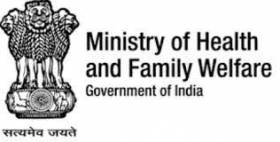
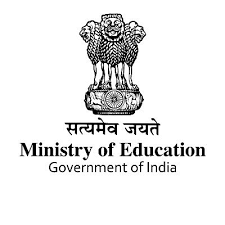
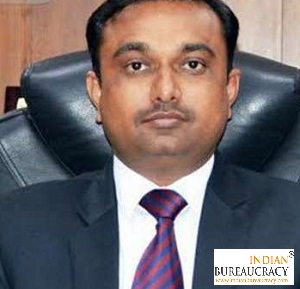
Leave a Reply
You must be logged in to post a comment.